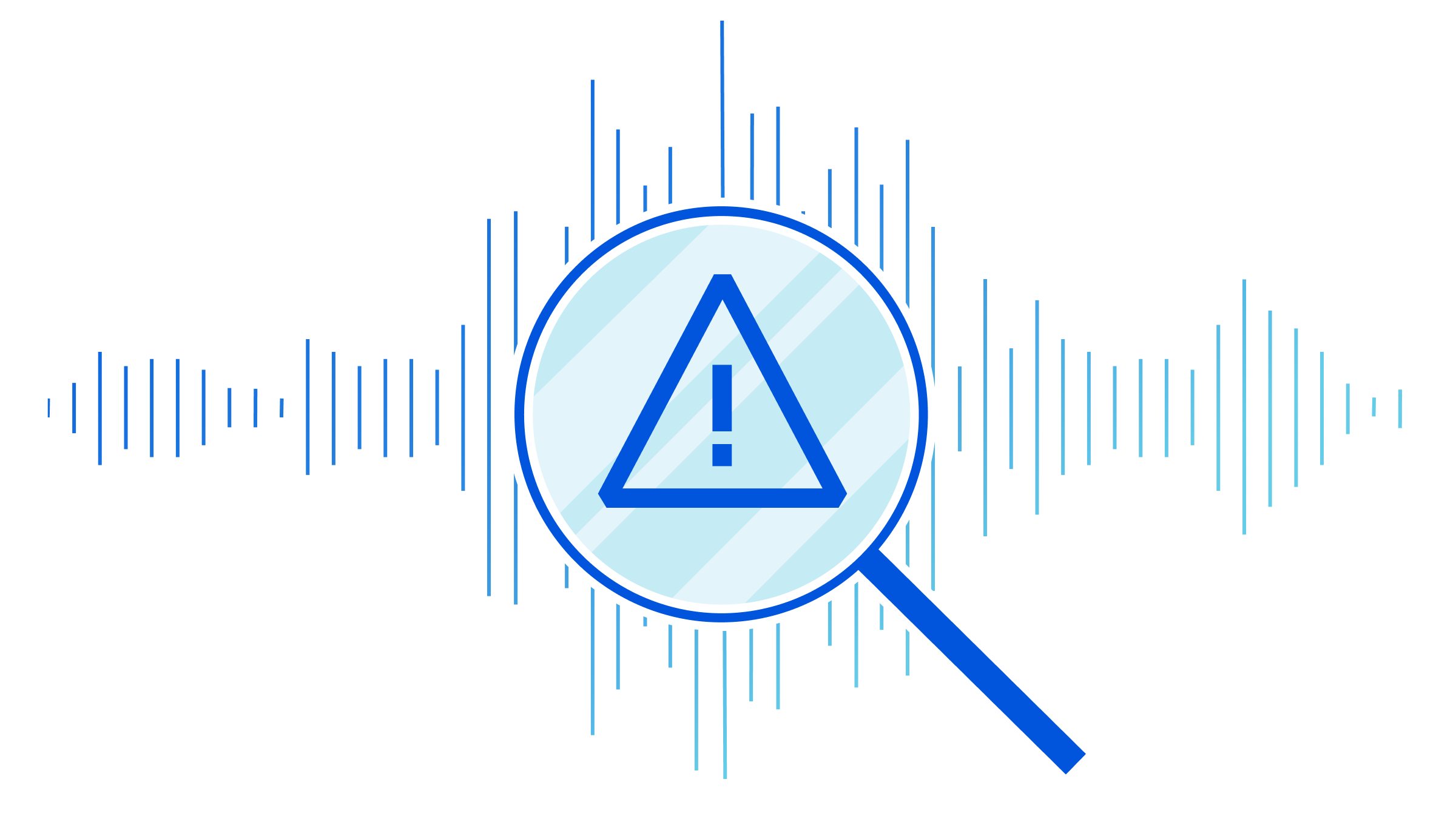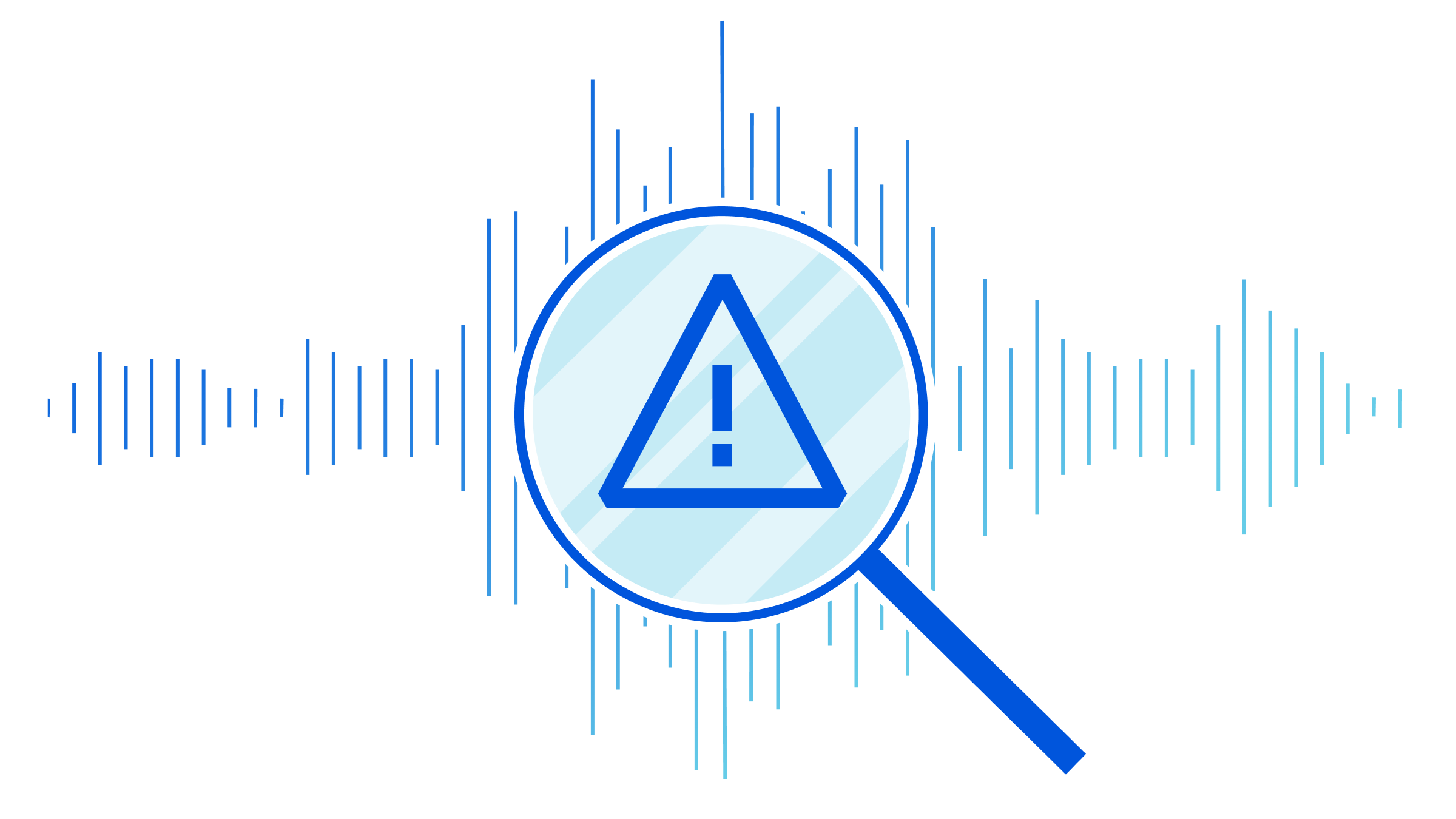Author Archives: Jeremy Hartman
Author Archives: Jeremy Hartman
On June 12, 2025, Cloudflare suffered a significant service outage that affected a large set of our critical services, including Workers KV, WARP, Access, Gateway, Images, Stream, Workers AI, Turnstile and Challenges, AutoRAG, Zaraz, and parts of the Cloudflare Dashboard.
This outage lasted 2 hours and 28 minutes, and globally impacted all Cloudflare customers using the affected services. The cause of this outage was due to a failure in the underlying storage infrastructure used by our Workers KV service, which is a critical dependency for many Cloudflare products and relied upon for configuration, authentication and asset delivery across the affected services. Part of this infrastructure is backed by a third-party cloud provider, which experienced an outage today and directly impacted availability of our KV service.
We’re deeply sorry for this outage: this was a failure on our part, and while the proximate cause (or trigger) for this outage was a third-party vendor failure, we are ultimately responsible for our chosen dependencies and how we choose to architect around them.
This was not the result of an attack or other security event. No data was lost as a result of this incident. Cloudflare Magic Transit and Magic WAN, DNS, cache, proxy, Continue reading


Over the years when Cloudflare has had an outage that affected our customers we have very quickly blogged about what happened, why, and what we are doing to address the causes of the outage. Today’s post is a little different. It’s about a single customer’s website not working correctly because of incorrect action taken by Cloudflare.
Although the customer was not in any way banned from Cloudflare, or lost access to their account, their website didn’t work. And it didn’t work because Cloudflare applied a bandwidth throttle between us and their origin server. The effect was that the website was unusable.
Because of this unusual throttle there was some internal confusion for our customer support team about what had happened. They, incorrectly, believed that the customer had been limited because of a breach of section 2.8 of our Self-Serve Subscription Agreement which prohibits use of our self-service CDN to serve excessive non-HTML content, such as images and video, without a paid plan that includes those services (this is, for example, designed to prevent someone building an image-hosting service on Cloudflare and consuming a huge amount of bandwidth; for that sort of use case we have paid image and video Continue reading

On January 24, 2022, as a result of an internal Cloudflare product migration, 24 hostnames (including www.cloudflare.com) that were actively proxied through the Cloudflare global network were mistakenly redirected to the wrong origin. During this incident, traffic destined for these hostnames was passed through to the clickfunnels.com origin and may have resulted in a clickfunnels.com page being displayed instead of the intended website. This was our doing and clickfunnels.com was unaware of our error until traffic started to reach their origin.
API calls or other expected responses to and from these hostnames may not have responded properly, or may have failed completely. For example, if you were making an API call to api.example.com, and api.example.com was an impacted hostname, you likely would not have received the response you would have expected.
Here is what happened:
At 2022-01-24 22:24 UTC we started a migration of hundreds of thousands of custom hostnames to the Cloudflare for SaaS product. Cloudflare for SaaS allows SaaS providers to manage their customers’ websites and SSL certificates at scale - more information is available here. This migration was intended to be completely seamless, with the outcome being enhanced Continue reading